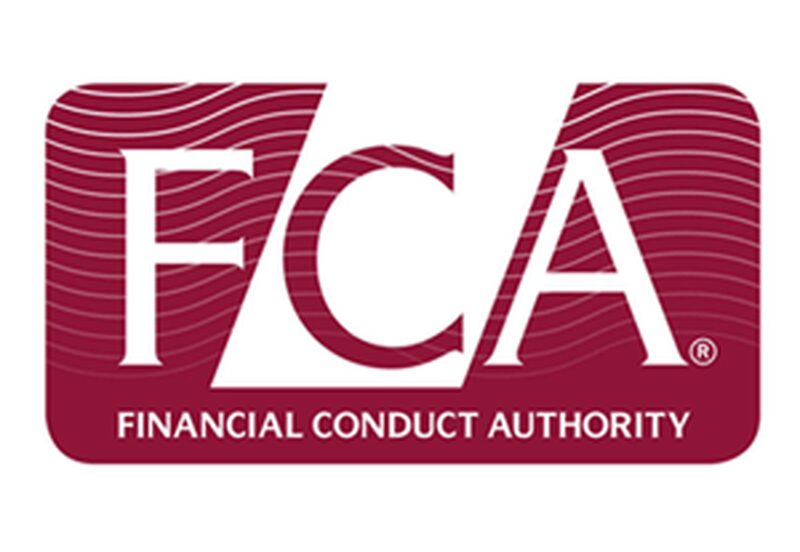7 October 2016
Can the CMA clean up comparison sites?

I’ve always been a big fan of the choice and competition that comparison sites have brought to financial services over the last few years. Not so long ago, people would start their search for new car or home insurance by picking up the yellow pages, calling the number of whoever had the biggest advert.
But now, with a small amount of effort, you can be served up competitive quotes from dozens of different brands in a matter of seconds.
But while comparison sites have been effective at driving down headline prices, they have of course inadvertently created new problems.
Prices down, fees up
In a brutally competitive environment, companies are forced to offer low prices, or lose out. And if that eats into their profit margin, they need to find other ways to make money.
So since comparison sites came to prominence, administration fees attached to insurance policies have increased. Most companies will now charge you for making small changes. Some will even charge you for cancelling.
Meanwhile, the levels of cover being offered have started to vary considerably – as many companies have watered down what they offer to make their policies cheaper.
Some home insurers, for example, will pay to fix a leak in your house – but they won’t pay for any damage that is caused to find the leak. These kind of dilutions in cover leave more and more customers disappointed – as their policies don’t live up to their expectations.
Another common tactic is to remove elements of cover and then offer to add them back on as an optional extra – for an additional premium. This is all well and good – but in most cases, customers are offered these choices once they are in the final stages of buying their policy, by which time they have lost the ability to compare what other insurers might have charged for these add-ons.
Search for quality
In short, the quality of insurance policies – and other financial services products – varies much more than ever before, and consumer expectations have not kept up with these changes.
So it’s good news that the Competition & Markets Authority has launched a new inquiry looking into comparison sites.
Although numerous regulatory inquiries have included a tangential look at these sites, they seem to have escaped a thorough inquiry that focuses specifically on them.
What I’d like to see emerge from this is some measures that help consumers better compare on a like for like basis. Comparison sites should be forced to ask more questions to better understand the needs of the customer – so that it can present them with a list of policies that meet their needs.
This won’t happen without regulatory intervention, as comparison sites are all working to keep their questionnaires as short as possible – for fear of customers dropping out of the purchase journey.
Secondly, comparison sites also need to include more information for customers about the quality of the products they are buying.
As it stands, some integrate Defaqto product scores, while others such as Moneysupermarket have come up with their own quality scoring system.
But these fail to help the customer understand whether a product is right for them. A five star rated Defaqto product may have a hundred nice to have bells and whistles, but be missing one element that is key for a customer. Instead, customers need to be given a better idea of whether products include what they need.
Comparing on service
Thirdly, there needs to be more reliable information around customer service scores.
Most comparison sites are now starting to integrate star ratings for service, but these all seem to be four or five stars.
Our ratings show that there are bigger differences between companies – and these need to be drawn out on comparison sites, so that customers know what they might be getting themselves into.
Next, I think there’s a need for comparison sites to do more to help customers understand what they are buying – and to clearly set their expectations. Again, this is about lengthening the purchase process – slowing things down so that customers are helped to understand the limitations of their policies.
Until we more accurately set customers expectations, millions of people will end up disappointed with what they buy – which leaves no room for trust to be restored between insurers and their customers.
Time for transparency
And finally, I’d like to see more transparency from comparison sites – and some of the excesses shaved away. Although car and home insurance comparison sites work pretty well for consumers, the value is often less clear in other areas. In life insurance, for example, the big comparison sites are typically taking hundreds of pounds in commission. If customers realised that they could save this by buying through a discount site such as Cavendish Online, they surely would. But the comparison sites trade on the fact that they have built up trust in other areas, and can’t resist the opportunity to squeeze their customers in more niche product areas.
The CMA inquiry is a great opportunity to deal with these issues – strengthening comparison sites to ensure they are always working 100% in the customers’ interest. I’ve been disappointed by CMA enquiries in the past. I hope this one is brave.




